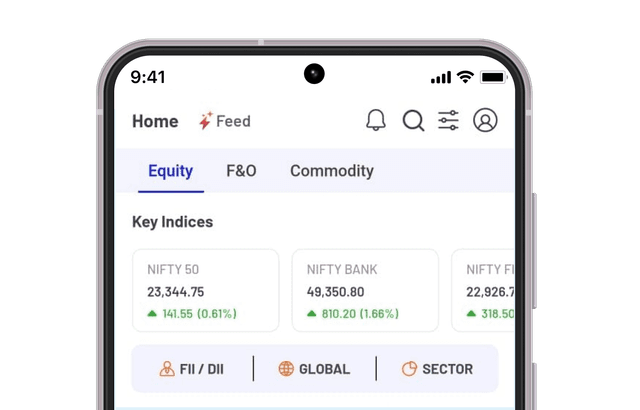CRISIL Ratings has also reaffirmed its short-term rating on the certificates of deposit (CD) of the bank at 'CRISIL A1+'.
CRISIL stated that the rating action is driven by continued focus on building granularity both on the assets and liabilities side and sustaining comfortable capitalisation levels. The Bank's profitability, while improving remains constrained by the drag on their investments in priority sector lending (PSL) assets, industry wide press on funding costs and higher operating expenses.
On the asset side, the bank had realigned its business model with a focus towards more granular lending, with the share of loans to retail and small and medium enterprises (SME) at ~60% of the net advances. Even within the corporate book, the bank is focusing on lower sized exposures and a higher proportion of working capital loans, with term lending mainly to better rated corporates.
While there has been a marginal uptick in the retail GNPA, the improved granularity of the portfolio, coupled with strengthened risk management practices across asset segments, should support underlying asset quality going ahead. The ability of the bank to manage collections and execute the revised business model with controlled asset quality will need to be demonstrated over a longer period.
On the liabilities side, the steady improvement in the deposit base seen since the reconstruction scheme in March 2020 is expected to continue and hold the bank in a good stead.
The proportion of granular and sticky, current account, and savings account (CASA) deposits to overall deposits has been steady and stood at 30.8% as on June 30, 2024 (30.9% as on March 31, 2024) as against 26.1% as on March 31, 2021. While the CASA level may not see a sharp increase in the near term given the interest rate cycle and continued shift to term deposits which carry higher rates, as well as higher dependence on institutional depositors, the overall stability of deposits is expected to be sustained.
The bank's capitalisation remains adequate, supported in part by internal accruals, with common equity Tier I (CET1) ratio and overall capital adequacy ratio (CAR) of 13.3% and 16.5% respectively, as on June 30, 2024 (12.2% and 15.4%, respectively, as on March 31, 2024). Capital position had improved after the receipt of Rs 2,845 crore towards exercise of share warrants in first quarter of fiscal 2025.
Profitability, while on an improving trend in recent quarters, with return on average assets (ROAA) of 0.3% for FY24 and 0.5% for Q1FY25 (annualized), remains lower than peers. This is due to drag on interest income from investments in Rural Infrastructure Development Fund (RIDF) to meet PSL shortfall, along with higher funding costs in the current interest rate environment and elevated operating expenses from growing a retail and SME portfolio. Excluding the impact of the PSL drag, ROAA would have been higher by 40 basis points for FY24.
Going ahead, the ability of the bank to continue to build a strong retail liabilities franchise and a stable and sound operating business model needs to be demonstrated over the longer term along with an improvement in its profitability levels. Additionally, the impact of seasoning on the retail and MSME segments also needs to be seen over a longer period. These will be key rating monitorables.
Yes Bank is a private sector bank with total assets of Rs 4,07,697 crore, total gross advances of Rs 2,26,176 crore, and a network of 1,232 branches as on June 30, 2024.
The bank reported a profit of Rs 502 crore and total income (net of interest expense) of Rs 3,443 crore in the quarter ended June 30, 2024, against Rs 343 crore and Rs 3,141 crore, respectively, in the corresponding quarter of the previous fiscal.
The scrip rose 0.37% to currently trade at Rs 24.54 on the BSE.

5 mins read . Feb 17, 2026

5 mins read . Feb 17, 2026

5 mins read . Feb 11, 2026
